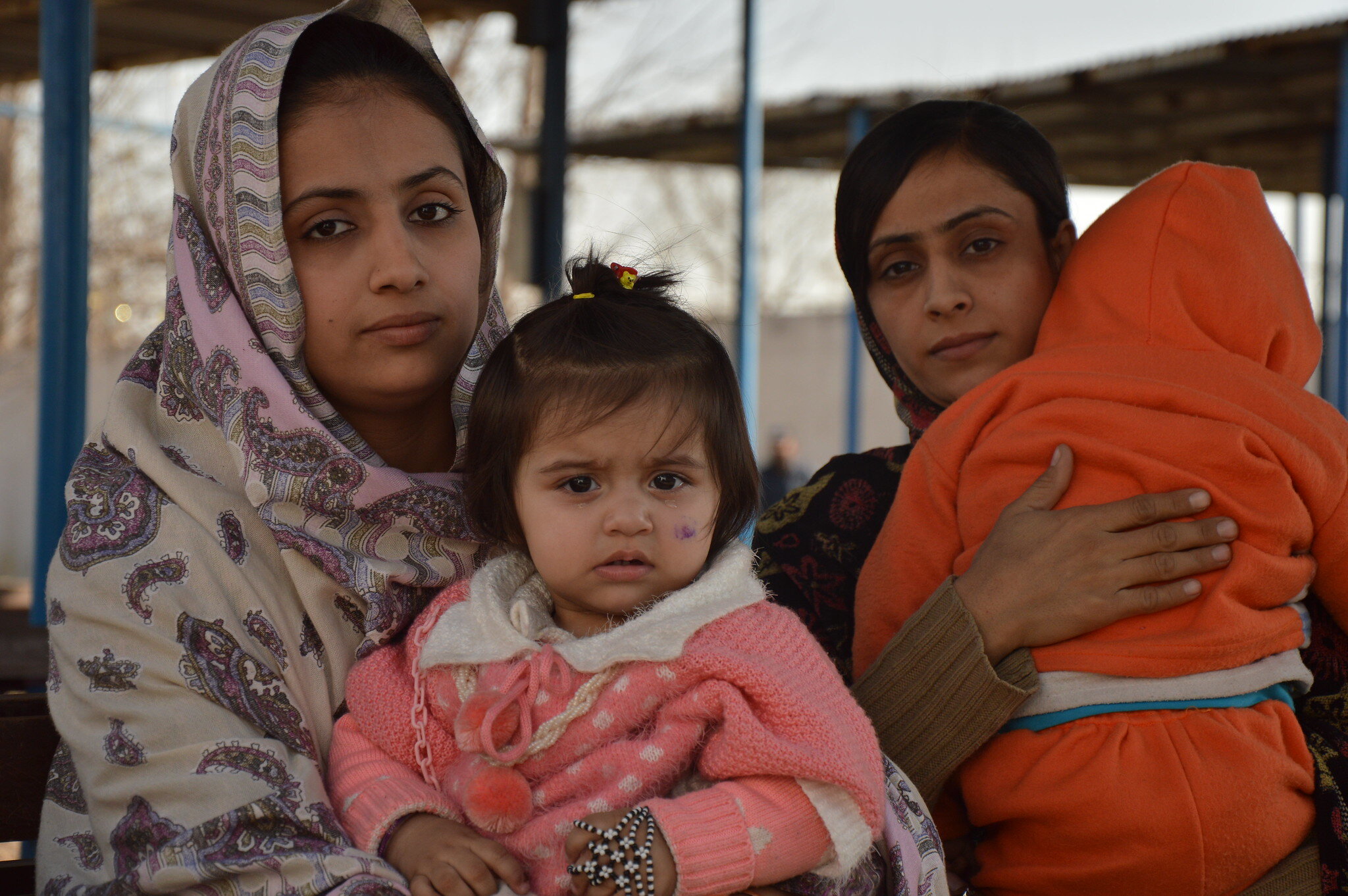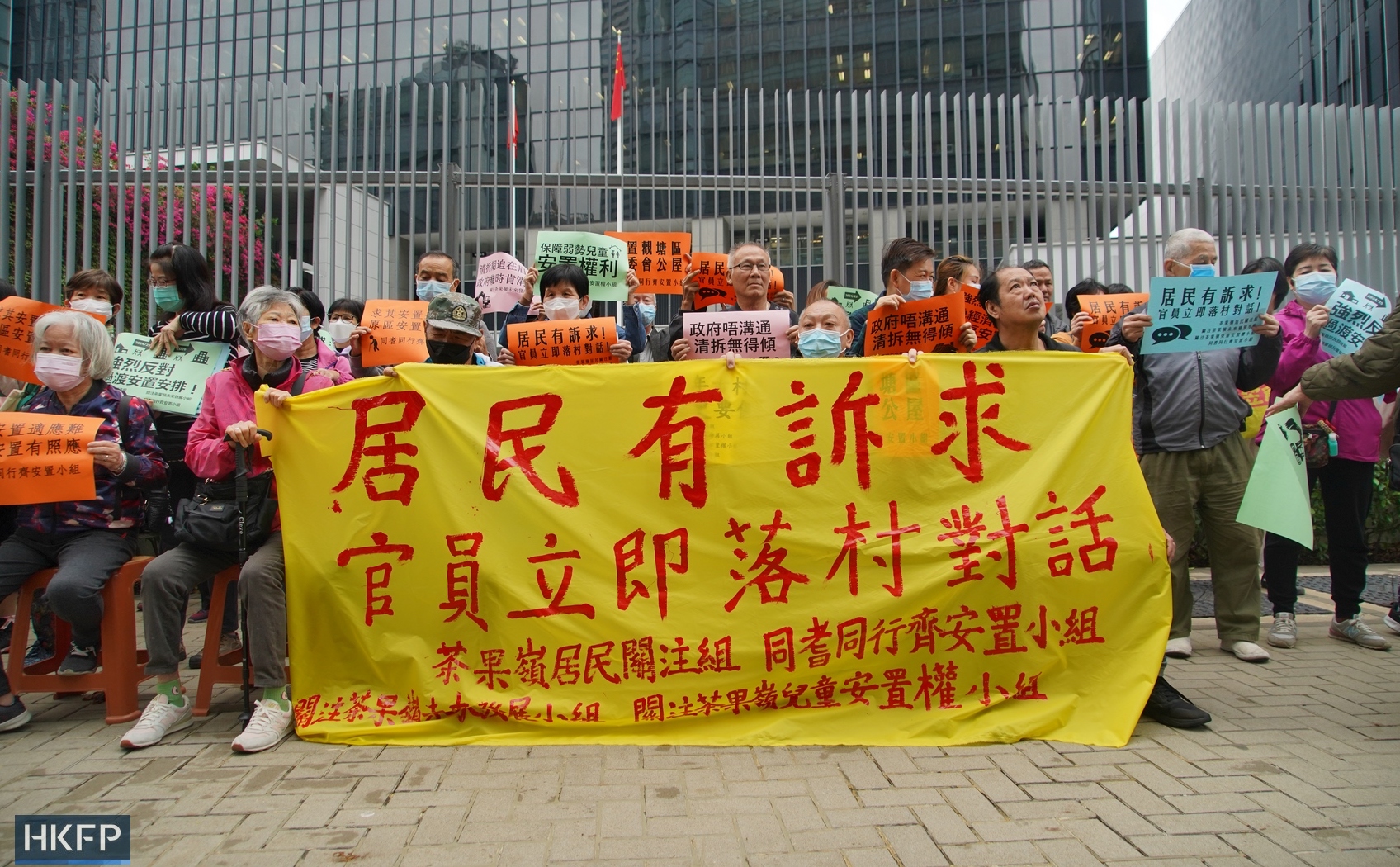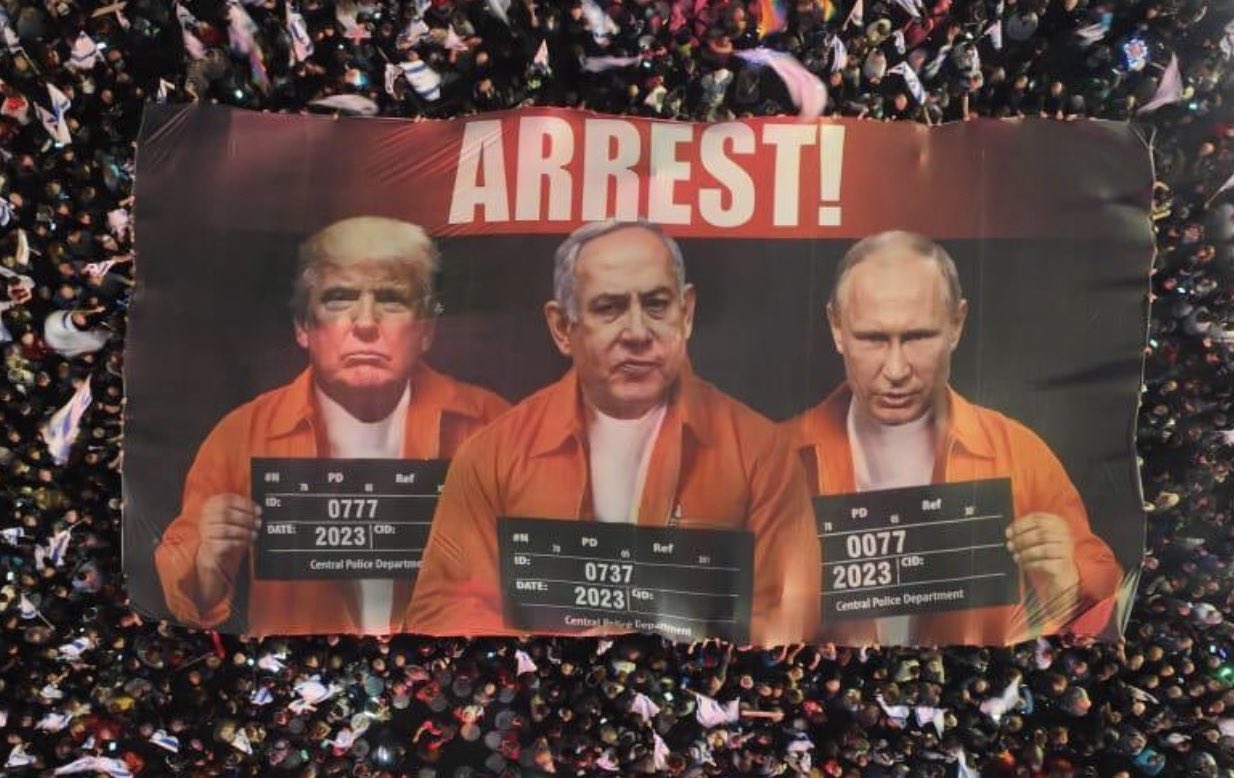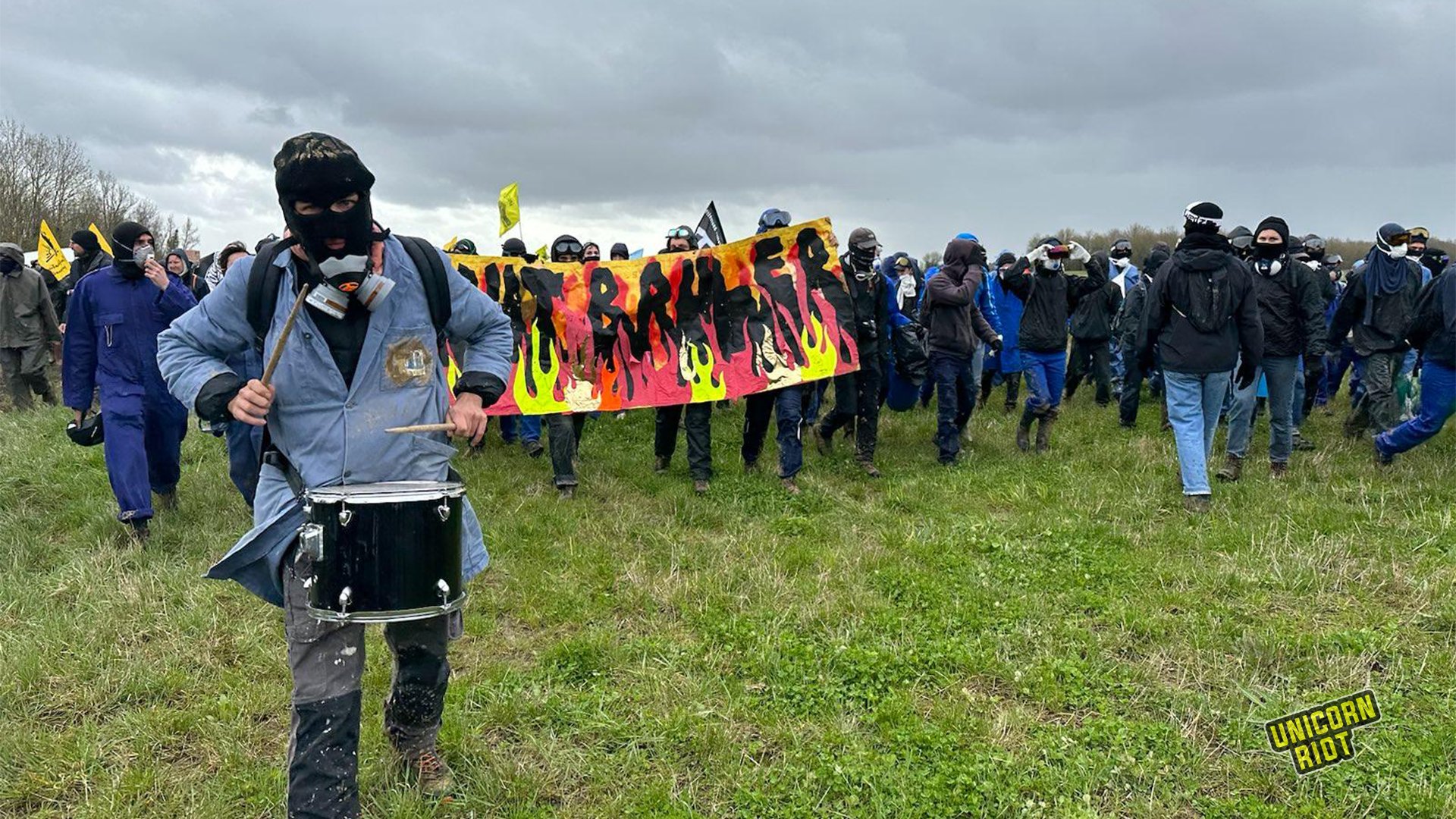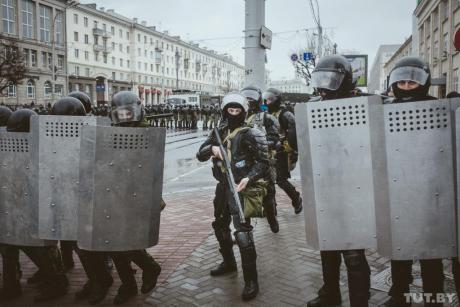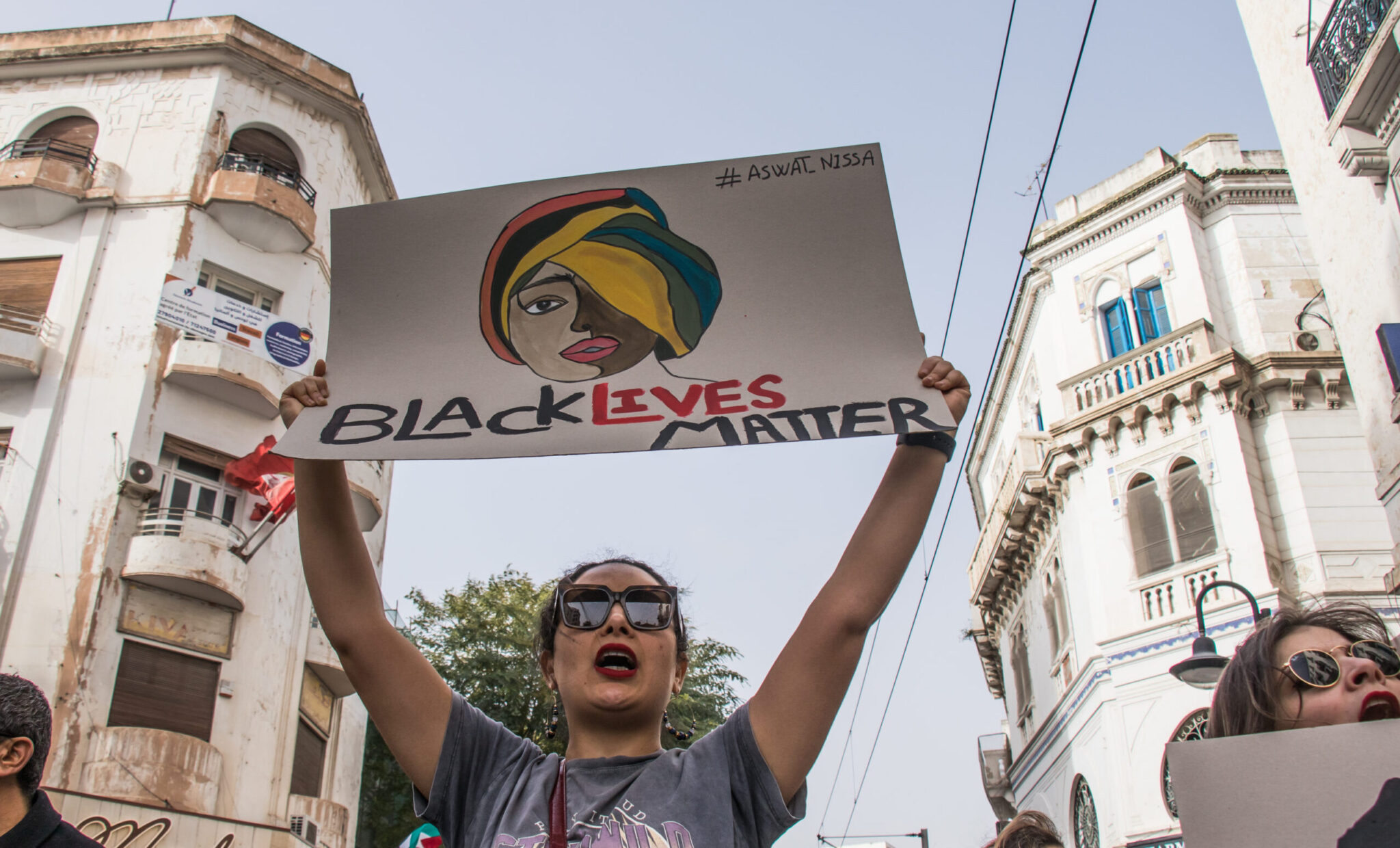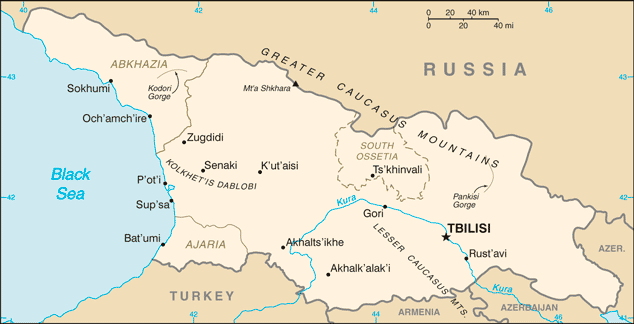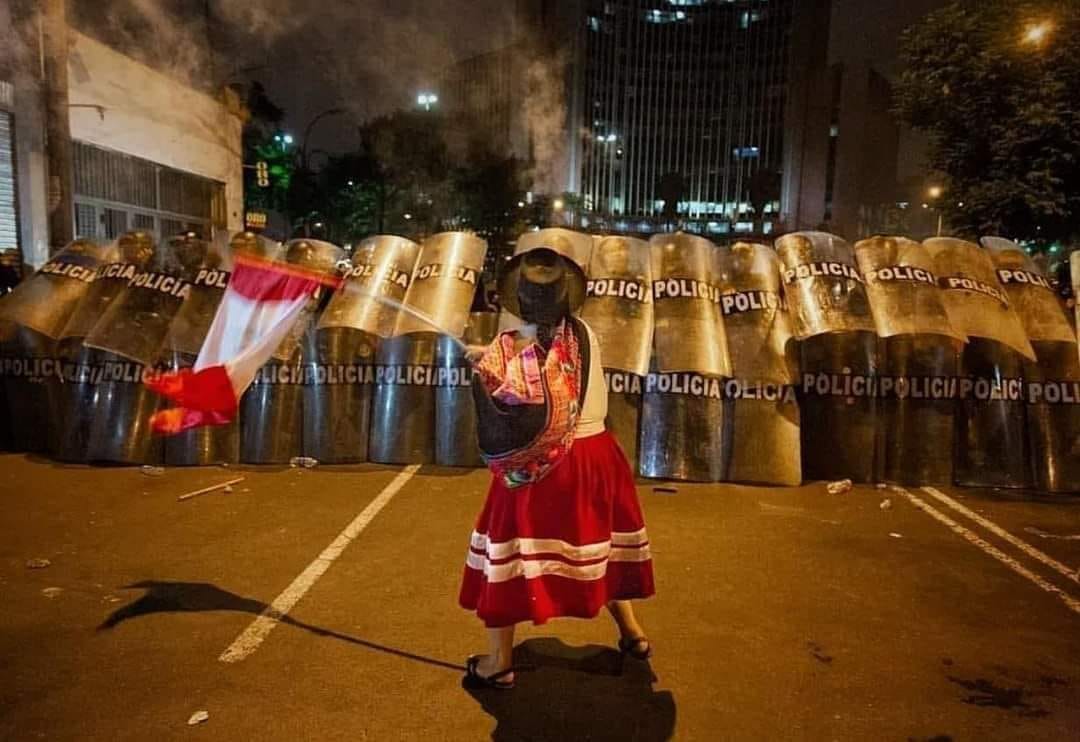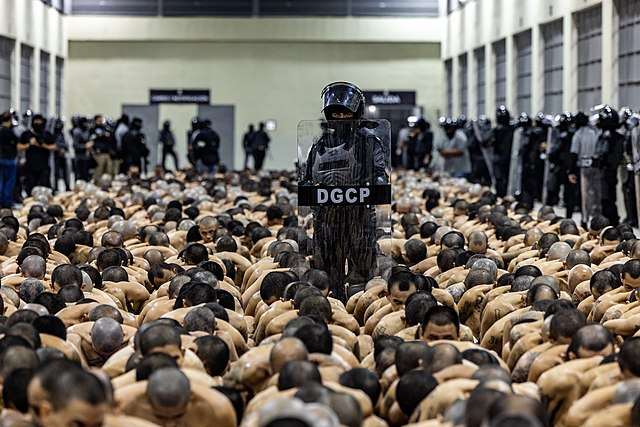
‘Systematic’ human rights crisis in El Salvador
The UN Office of the High Commissioner for Human Rights (OHCHR) called for authorities in El Salvador to urgently address human rights concerns as the nation marked one year under a state of emergency. Authorities enacted the state of emergency on March 27, 2022 following a wave of gang-related murders. The measure was initially for 30 days but has been regularly renewed. Since March 2022, 65,000 people have been detained, and 90 people have died in custody. OHCHR spokesperson Marta Hurtado stated that 7,900 complaints of abuses against prisoners have been lodged with El Salvador’s national human rights body. According to the report, many detentions were arbitrary and founded on “poorly substantiated” investigations or “crude profiling.” Conditions in detention have also declined significantly, and the UN has received reports of prolonged solitary confinement and inmates being denied prescribed medications. (Photo: WikiMedia via Jurist)




